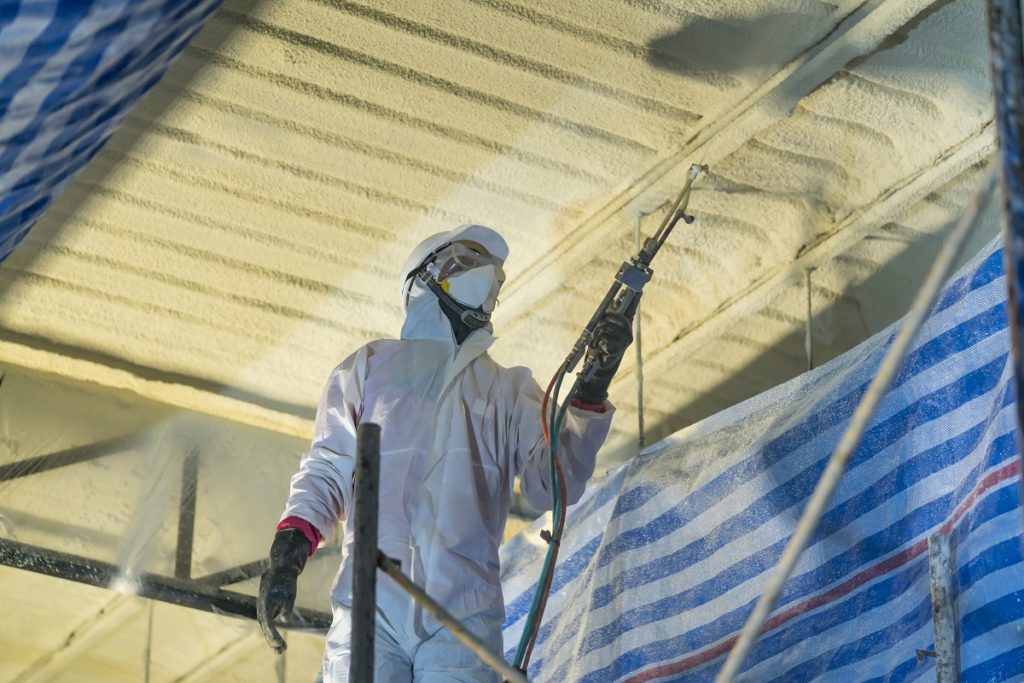Heating is one of the most energy-consuming and expensive costs for homeowners. But there are things you can do to reduce energy consumption and drive power bills down. A few changes to your home and daily living can add up and produce a significant difference.
Before the colder months of 2020, here’s how to reduce heating costs:
Insulation
If your roof and walls are not properly insulated, they can contribute to the overall increase in power usage. Insulation materials slow down the conduction of heat through materials of your walls and roof. According to the Department of Energy, proper insulation lowers both heating and cooling costs. It also makes the home more comfortable.
Insulation also prevents moisture condensation, relieves stress from your HVAC system, adds to the overall safety of your home by reducing fire risk, and to an extent, it even improves the appearance of your building, especially if the insulation covers exposed air conditioning and plumbing lines.
HVAC System
As with all equipment, especially electronics, the older they are, the more inefficient they become at doing their work. In this case, an older HVAC system might not be performing at optimum condition. This affects your heating, ventilation, and air-conditioning.
Have your HVAC system checked, particularly if you’ve been experiencing a steady rise in your power bills. Having your system repaired or replaced can save you a lot of money in the long run. Not to mention the increase in energy efficiency and the reduction in your carbon footprint.

Exterior
Aside from insulation, you should also check your home’s exteriors for possible leaks and cracks. These small crevices can add up to create massive heat and energy losses over time. They can also degrade the structural integrity of your home as they get worse over time.
Make sure to have professionals go over your roof, sidings, and even your gutters. The weather continually bombards these parts of your home, and checking them regularly can prevent issues from becoming worse and more complicated and expensive to address.
While you’re at it, you should also check your doors and windows for similar leaks. Aside from saving money on energy costs, these small things will help your HVAC system from working overtime and spare you repair costs down the road.
Curtains
Hanging thicker curtains can help prevent heat from escaping when it’s cold out. There are even specialized curtains for this purpose called heavy thermal curtains.
When it’s warm out, open your curtains and allow sunlight to come in. This will contribute heat to your home. But when it’s cold out, it’ better to keep curtains closed to preserve the heat coming from your HVAC system.
Doors
Aside from checking whether external doors have leaks, you should also always close doors in unused rooms. This will reduce the amount of space your system is working on heating. You can also use a draft stopper to prevent heat from going through the cracks.
Heating can be expensive, especially when it’s not fully optimized. Make the most of your home’s heating system by taking the steps above. Before long, you’ll see positive changes in your power bills.





